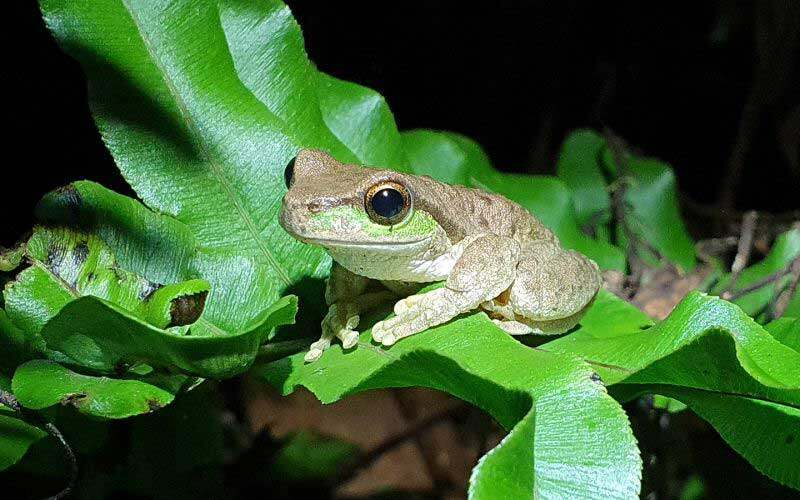Researchers at the University of Melbourne in partnership with the Colossal Foundation will advance conservation efforts to engineer immunity in amphibians, including Australia’s critically endangered Corroboree Frog, against a deadly fungal disease.


The Colossal Foundation, a non-profit organisation established by American de-extinction company Colossal Biosciences, have gifted US$3 million to the University of Melbourne over three years to help stop the spread of chytridiomycosis, a disease responsible for the extinction of 90 amphibian species to date and significant declines in 500 more.
This gift will support the work of Professor Andrew Pask, Dr Stephen Frankenberg and their labs in the Faculty of Science.
Dr Frankenberg and Professor Pask will strive to genetically engineer an approach to augment amphibians’ natural immune systems and provide a first line of defence against the chytrid infection.
“Amphibians are a fascinating and important part of our ecosystem, but they are also among the most threatened animals, with chytrid fungus being a primary cause,” Dr Frankenberg said.
“This funding will enable us to test a novel approach that uses recent advances in immunology and gene editing to help save these vulnerable species.”
The amphibian chytrid fungus infects epidermal cells and kills frogs by disrupting their skin function. It was discovered by a University of Melbourne Associate Professor Lee Berger and Professor Rick Speare (James Cook University) in 1998.
One in every 16 species of amphibians known to the scientific community are impacted by this disease across more than 60 countries, and Australia is particularly hard hit.
The Colossal Foundation and Colossal Biosciences already support several projects at the University of Melbourne, including efforts related to the Northern Quoll and the Thylacine.
Ben Lamm, CEO and Co-Founder of Colossal said: “we built the Colossal Foundation to be able to take our technology and our relationships and apply them to the most pressing biodiversity challenges of our time, immediately. Working on chytrid with novel gene-editing technologies is exactly the sort of work we want to be supporting.”
Professor Pask thanked the Colossal Foundation for their ongoing support.
“We are deeply grateful for this extraordinary gift. If we are successful, it will be a game-changer for amphibian conservation”.







































